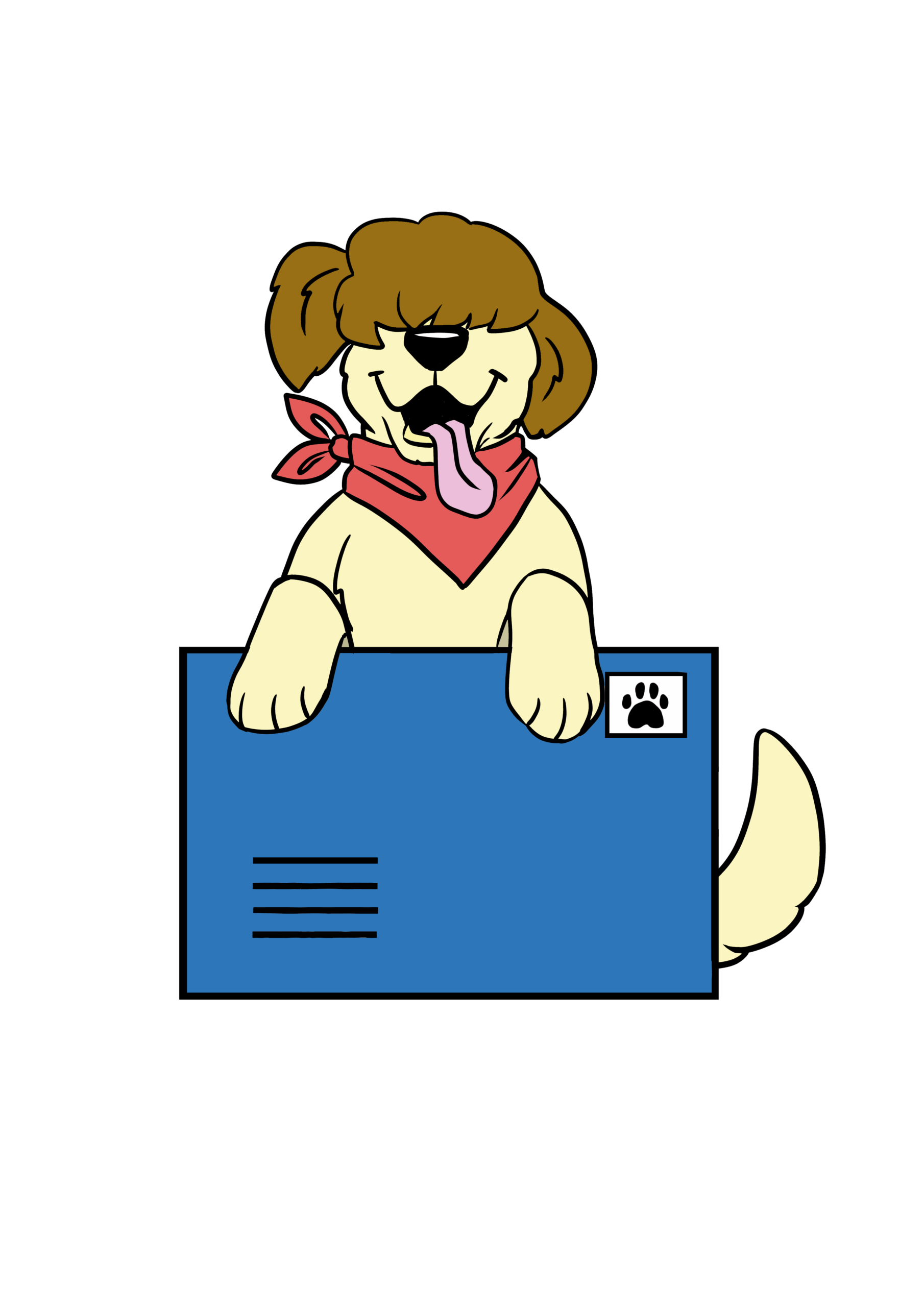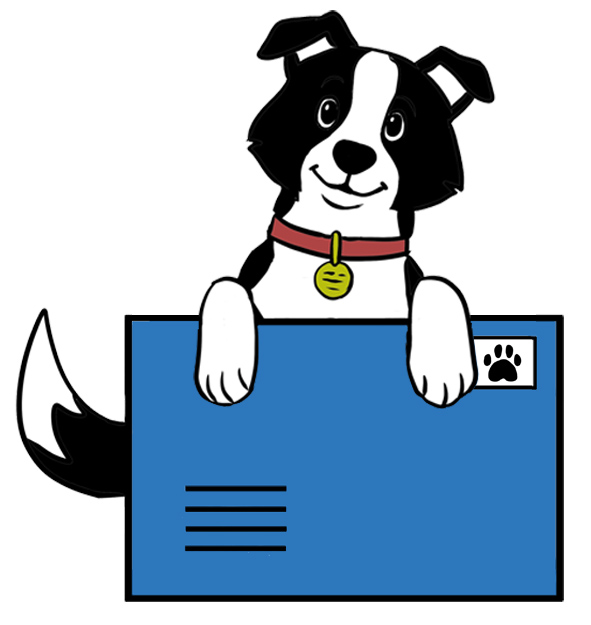🐕 Introduction: When You Spot Something Unusual in Your Dog’s Stool
Finding a parasites in dogs stool can be worrying for any pet owner. You love your furry friend and want to keep them healthy — but seeing worms or unusual movement in their waste often raises questions like:
- Is this serious?
- How did my dog get infected?
- What should I do next?
The truth is, intestinal parasites are common in dogs, but the good news is they’re also highly treatable and preventable.
In this guide, we’ll explain what parasites in dogs’ stool mean, how to treat and prevent them, and why having pet insurance from Fleamail.com.au can help you manage the cost of keeping your pet healthy and protected.
🩺 Understanding Parasites in Dogs Stool
Parasites are organisms that live inside or on another animal and feed off their nutrients. In dogs, the most common are intestinal parasites — tiny invaders that live in the digestive tract.
Common intestinal parasites found in dogs include:
- Roundworms – spaghetti-like worms visible in stool
- Tapeworms – rice-like segments often seen near your dog’s rear or in bedding
- Hookworms – microscopic parasites that attach to the intestines and suck blood
- Whipworms – small worms that cause diarrhea and irritation
- Coccidia and Giardia – microscopic parasites that lead to watery or bloody stools
Dogs can become infected in many ways — eating contaminated soil, licking infected surfaces, ingesting fleas, or contact with other dogs’ feces. Even the most careful owners can’t always prevent exposure.
⚠️ Signs and Symptoms of Parasites in Dog Stool
Spotting parasites early can prevent serious illness. Look for these common signs:
🐾 Visible worms or white specks in stool
– Roundworms or tapeworm segments are often visible.
💩 Changes in stool consistency
– Diarrhea, bloody stools, or mucus could indicate infection.
🐕 Weight loss despite eating normally
– Parasites steal nutrients, leading to malnutrition.
🤢 Vomiting or bloating
– Roundworms may cause digestive discomfort and swelling.
😔 Scooting or excessive itching near the tail
– Tapeworms cause irritation around the anus.
If you notice any of these symptoms, consult your vet immediately. A fecal exam can confirm the type of parasite, and your dog can be treated with the right medication.
🧬 Common Types of Parasites Found in Dogs’ Stool
Let’s look closer at the most frequent culprits:
1. Roundworms
White, spaghetti-like worms commonly found in puppies. They cause a swollen belly and can spread to humans if not treated.
2. Tapeworms
Flat, segmented worms transmitted through fleas. You may spot rice-like segments near your dog’s tail or stool.
3. Hookworms
Microscopic but dangerous, these feed on blood and can cause anemia. Puppies are especially at risk.
4. Whipworms
Small, thread-like worms that attach to the large intestine, causing weight loss and bloody diarrhea.
5. Giardia and Coccidia
Single-celled parasites that cause soft, smelly stools and dehydration. They spread through contaminated water or soil.
These parasites may look harmless but can cause severe health issues if left untreated, including nutrient deficiencies, intestinal damage, and even organ failure in extreme cases.
🧠 How Parasites Affect Your Dog’s Health
Beyond discomfort, intestinal parasites weaken your dog’s immune system and overall health.
Some consequences include:
- Poor coat condition and dull fur
- Fatigue and lethargy
- Dehydration and anemia
- Malnutrition from nutrient loss
- Digestive inflammation
Worse, some parasites — like roundworms and hookworms — are zoonotic, meaning they can spread to humans. That’s why regular deworming and parasite prevention are crucial for both pet and family health.
💰 The Real Cost of Treating Parasites in Dogs Stool
Treating parasite infections involves vet visits, stool tests, and medication. Costs can quickly add up, especially if complications arise.
On average, Australian pet owners may spend:
- $100–$250 for vet consultation and fecal testing
- $50–$150 for deworming or medication
- $200+ if hospitalization or further diagnostics are needed
And if the infection reoccurs or spreads, follow-up visits increase expenses even more.
That’s where pet insurance becomes a smart choice — helping cover these unexpected vet bills and giving you peace of mind.
🩹 How Pet Insurance Helps
Pet insurance doesn’t stop parasites — but it protects your wallet when treatment is needed.
A good dog insurance plan, like Fleamail’s Protect Your DOG Plan, can help cover:
- Diagnostic tests (e.g., fecal exams, blood tests)
- Vet consultations and follow-ups
- Medications for treatment
- Related illnesses caused by parasites (dehydration, infection, etc.)
Insurance lets you focus on your dog’s recovery — not the financial stress of emergency care.
🐾 Introducing the Protect Your DOG Plan
At Fleamail.com.au, we understand that unexpected vet visits can strain any budget. That’s why we created the Protect Your DOG Plan — flexible and affordable pet insurance designed for Australian families.
Plan Highlights:
- Covers accidents, illnesses, and routine care options
- Helps pay for parasite-related vet treatments and medications
- Suitable for dogs of all ages and breeds
- Simple online claim process and fast reimbursements
- Backed by Australian-based support and transparency
With the Protect Your DOG Plan, you can manage vet costs confidently while ensuring your pet gets the best care possible.
🐕🦺 Prevention Tips: How to Keep Your Dog Parasite-Free
- Routine Vet Visits:
- Have your vet perform stool checks every 6–12 months.
- Regular Deworming:
- Puppies: every 2 weeks until 12 weeks old, then monthly.
- Adults: every 3 months.
- Flea and Tick Prevention:
- Use monthly flea control to reduce tapeworm risk.
- Clean Environment:
- Pick up feces promptly and disinfect outdoor areas.
- Safe Drinking Water:
- Prevent your dog from drinking from puddles or contaminated water.
- Healthy Diet:
- A balanced diet strengthens the immune system, helping fight off infections.
Prevention is always cheaper and easier than treatment — but having insurance coverage ensures you’re ready if something happens, these will help you to prevent parasites in dogs stool.
🇦🇺 Why Choose Fleamail.com.au
Fleamail is Australian-owned, trusted by thousands of pet owners for transparent and affordable coverage.
Here’s what makes Fleamail stand out:
- 🐾 Comprehensive protection for both cats and dogs
- 💚 Customizable plans to suit your budget
- 🏥 Coverage for accidents, illnesses, and treatments
- 📞 Local support that understands Aussie pet owners
- 💸 Quick claims and easy online management
When it comes to your pet’s health — you can rely on Fleamail to have your back.
🏁 Conclusion: Protect Your Dog Inside and Out
Parasites in dogs’ stool are more common than many realize — but they’re also manageable with awareness, prevention, and prompt treatment.
By combining regular vet care with pet insurance, you can keep your furry companion safe, healthy, and happy for years to come.
According to the RSPCA Australia, regular deworming and hygiene are essential to keep pets safe from parasites.
Don’t wait for an emergency.
Visit Fleamail.com.au today and explore the Protect Your DOG Plan — your best defense against the unexpected. 🐕💚





